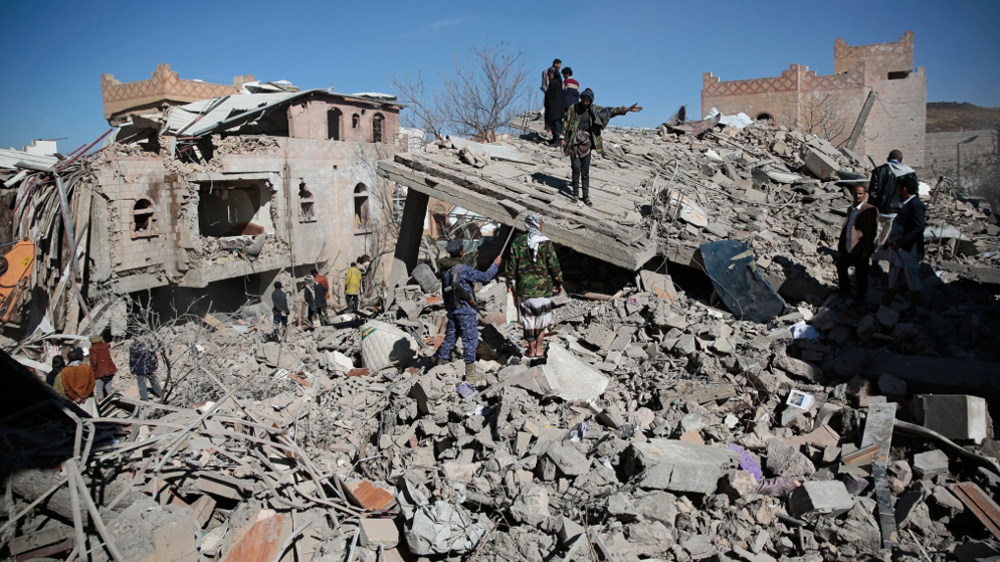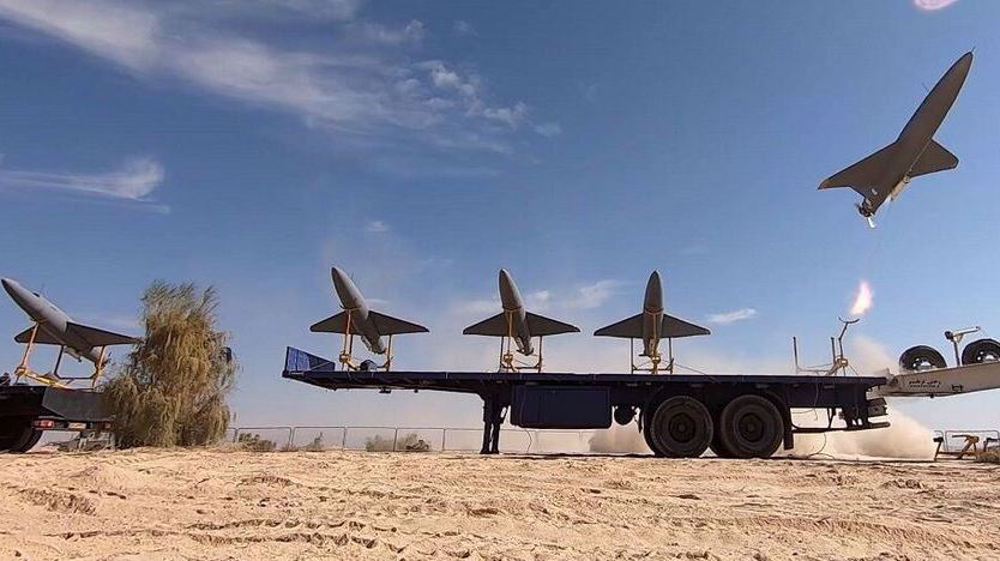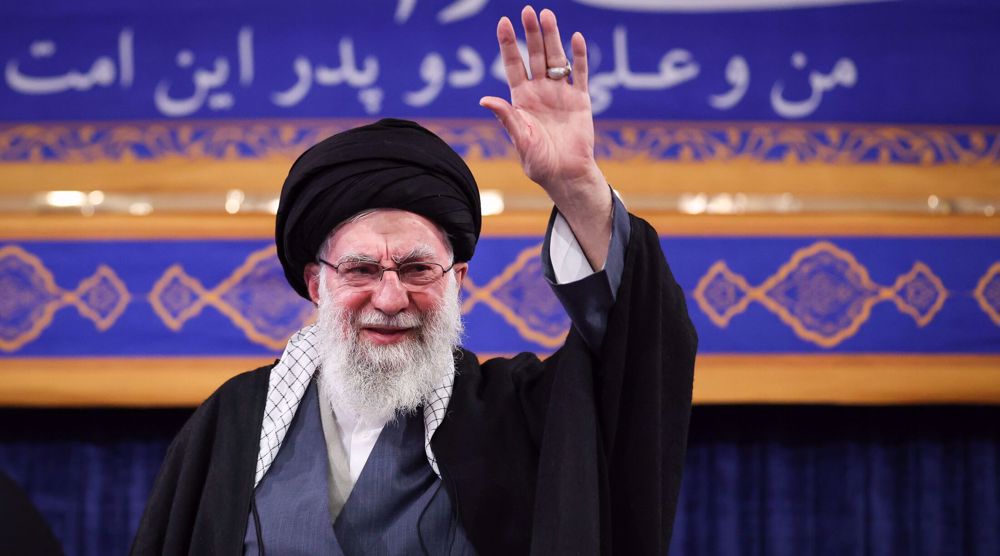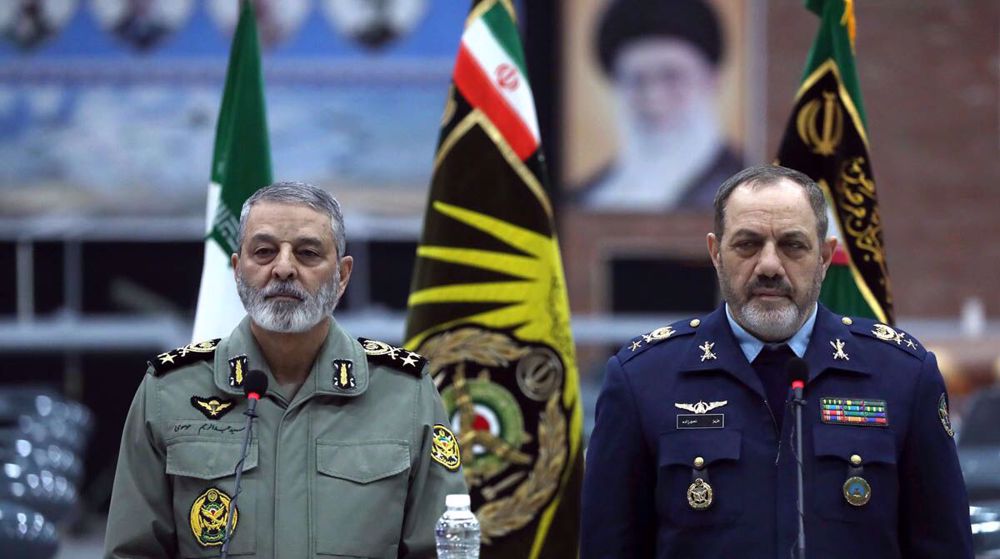Iran FM: Yemen stability, security directly affect security in West Asia, Persian Gulf
Iran’s Foreign Minister Hossein Amir-Abdollahian says stability and security of the war-torn Yemen have a direct effect on stability and security of the entire West Asia region and the Persian Gulf.
Amir-Abdollahian made the remarks in a Sunday meeting with UN Special Envoy for Yemen Hans Grundberg in Tehran.
During the meeting, Iran’s top diplomat emphasized that the fate of Yemen should be determined by the country’s people.
“The Islamic Republic of Iran wants peace, stability and security for the great nation of Yemen and believes that stability and security of this country have a direct impact on stability and security of the region and the Persian Gulf,” he said.
Iran’s foreign minister added that continuation of the status quo, which has been in place following the establishment of a UN-brokered ceasefire in April, hinges on complete removal of the blockade imposed by the Saudi-led coalition on the war-torn country.
"No one can remain indifferent to the fate of 20 million Yemeni women, children and men, who are living in difficult conditions [trying] to meet basic needs such as medicine, food and water," Amir-Abdollahian said.
He hailed efforts by the UN envoy to promote peace in Yemen, but criticized acts of sabotage impeding the implementation of the ceasefire agreement, stressing the importance of lifting the tight Saudi-led blockade on the impoverished country.
Grundberg, for his part, commended Iran's constructive measures vis-à-vis peace promotion in Yemen and said he has always sought to establish truce in the country since he took office.
The UN envoy emphasized that all the sides must take steps to help establish lasting ceasefire in Yemen.
The UN-brokered truce between the aggressor coalition and Yemen's popular resistance Houthi Ansarullah movement first came into effect in April. The truce has since been extended twice.
Last month, Grundberg said that the extension, running from August 2 to October 2, included a commitment from the parties to intensify negotiations to reach an expanded truce agreement as soon as possible.
Yemen's Arabic-language al-Masirah television network cited an unnamed Yemeni military official as saying on Sunday that the Saudi-led coalition forces and their mercenaries have violated the UN-brokered nationwide truce nearly 200 times over the past 24 hours.
It added that the violations included 49 flight operations with spy drones and warplanes over the provinces of Ma’rib, Ta’izz, Jawf, Sa’ada, al-Hudaydah, Ad Dali', al-Bayda and border areas.
Saudi Arabia and the United Arab Emirates — the closest allies of the US in the region after the Israeli regime — have been waging the war on Yemen since March 2015.
The invasion has been seeking to change Yemen’s ruling structure in favor of the impoverished country’s former Riyadh- and Washington-friendly rulers and crush the Ansarullah resistance movement. The Saudi-led coalition has failed to meet any of its objectives.
The war, which has been enjoying unstinting arms, logistical, and political support on the part of the United States, has killed tens of thousands of Yemenis and turned the entire country into the scene of the world’s worst humanitarian crisis.
Yemen’s defense forces, which feature the country’s army and its allied Popular Committees, have, however, vowed not to lay down their arms until the country’s complete liberation from the scourge of the aggression.
Bahraini police assaults crowds mourning loss of Ayatollah Khamenei
Iran posed no imminent threat to US: Pentagon tells Congress
Iran will hold no negotiations with US: Larijani
Despite Leader's martyrdom, Islamic Republic firmly in control and punishing the enemy
At least 31 killed in Israeli aggression on southern Lebanon after Hezbollah strikes
Iran writes to UN, warns about dire consequences for perpetrators following Leader's martyrdom
Hezbollah strikes occupied Haifa in retaliation for Leader's assassination
Ansarullah mourns Leader's martyrdom as 'great loss' caused by 'most wretched terrorists'










 This makes it easy to access the Press TV website
This makes it easy to access the Press TV website